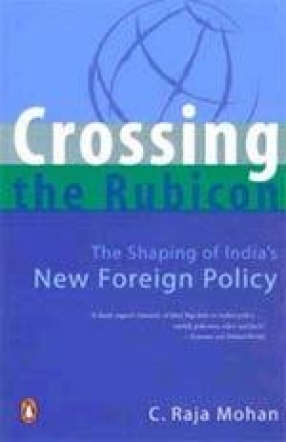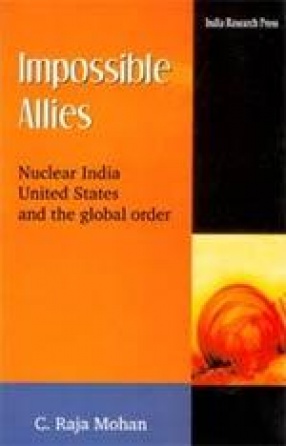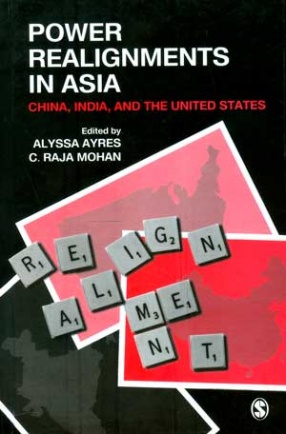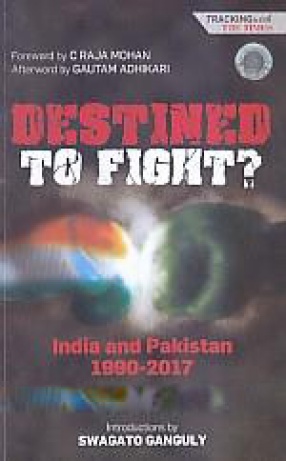Crossing the Rubicon: The Shaping of India's New Foreign Policy
Synopsis
India's nuclear tests in May 1998 had reverberations that went far beyond the Thar desert. Jettisoned, as a result, were some key tenets of its foreign policy, in particular the traditional emphasis on idealism. As pragmatism took root in New Delhi, India renewed its global engagement with a rare sense of purpose and self-confidence and transformed its external relations. In Crossing the Rubicon, C. Raja Mohan narrates the story of India's successful diplomatic experimentation since the mid-1980s, one that has not been given its due. Mohan, Professor of South Asian Studies at Jawaharlal Nehru University, New Delhi, Examines the reworking of India's relations with the major powers at the turn of the twenty-first century. Notable are his accounts of India's initiative to transform its relations with the United States, especially the Jaswant Singh-Strobe Talbott talks, and its rejuvenated ties with post-Soviet Russia. He also examines India's management of its troubled relations with China and looks at war and peace with Pakistan. What emerges is a remarkable tale of a country's transformation from being a leader of the Third World trade union to preparing for a seat at the high table of global diplomacy.
Read more
22.50
20.25
$
25.00 $
Free delivery Wolrdwidе in 10-18 days
Ships in 1-2 days from New Delhi
Membership for 1 Year $35.00
Get it now and save 10%
Get it now and save 10%
BECOME A MEMBER










Bibliographic information